Senior UN officials call for urgent funds for Rohingyas
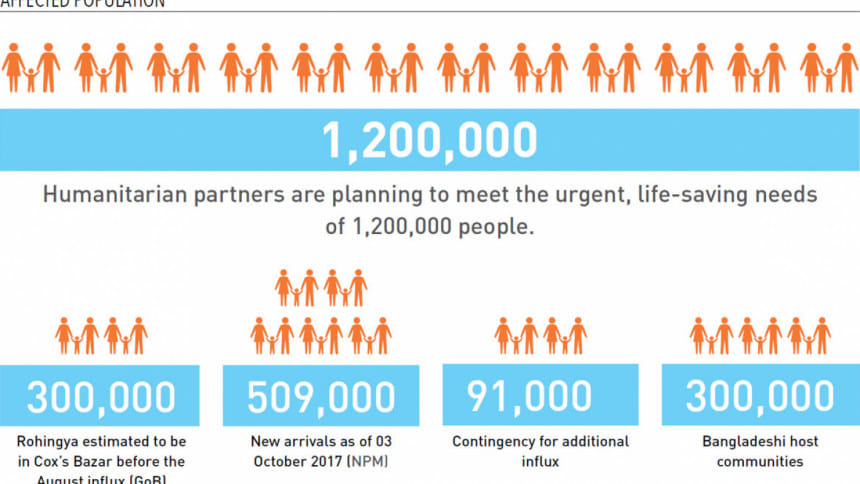
Two senior United Nations' officials today stressed for urgent funding for Rohingya refugees, who escaped persecution in Myanmar and entered Bangladesh.
In a statement, Mark Lowcock, UN emergency relief coordinator, and Anthony Lake, Executive Director for Unicef, termed the Rohingya crisis as "the world's fastest developing refugee crisis".
The UN officials lauded the government and people of Bangladesh for its "extraordinary spirit of generosity" in offering temporary shelter to the refugees, said a press release of the UN.
"Funding is urgently needed so that all refugees have access to food, shelter, water, sanitation facilities, health care and protective services," they said in the statement.
Without a significant increase in assistance, the refugees could face another catastrophe on top of the tragedies that caused them to flee their homes, they said.
They reiterated a call on Myanmar administration to allow the full resumption of humanitarian action across all of Rakhine state.
Here is the full Joint statement by Emergency Relief Coordinator and United Nations Under-Secretary-General for Humanitarian Affairs, Mark Lowcock and UNICEF Executive Director, Anthony Lake:
We leave Bangladesh moved by the stories of suffering that we heard from refugees fleeing the violence in Myanmar – and all the more determined that the United Nations do all it can to assist the Government of Bangladesh in coping with this crisis.
The human tragedy unfolding in southern Bangladesh is staggering in its scale, complexity and rapidity. In just the past few weeks, well over half a million Rohingya people have crossed the border, making this the world's fastest developing refugee emergency.
People arrive fearful, exhausted and hungry, and in desperate need of immediate help including shelter, food, clean water and sanitation, and healthcare. They bring with them terrible accounts of what they have seen and suffered -- stories of children being killed, women brutalized, and villages burned to the ground.
The Government and people of Bangladesh have demonstrated an extraordinary spirit of generosity by opening the country's borders and leading the efforts to provide relief to the refugees. They have provided the world an inspiring example of humanity.
We were impressed in the camps and settlements we visited by the progress being made to assist the refugees. We saw the difference that the Government, the Bangladesh Armed Forces, UN agencies and our national and international NGO partners are making. But the needs are growing at a faster pace than our ability to meet them.
The refugees are living in flimsy bamboo and plastic shacks in the sprawling and densely-crowded sites that have sprung up to accommodate them. In these conditions, there is an ever-growing risk for an outbreak of disease. There are also numerous challenges for the response including limited road access to the dispersed refugee populations, a population that is still moving and a lack of land for shelter and infrastructure. Beyond these impediments, we face an urgent need for the resources that will allow us to continue to ramp up and sustain our efforts.
Funding is urgently needed so that all refugees have access to food, shelter, water, sanitation facilities, health care and protective services. Conditions in the temporary settlements are dire. Without a significant increase in assistance, the refugees, who have suffered so much already, could face another catastrophe on top of the tragedies that caused them to flee their homes.
Today an update to the UN response plan was released, seeking $430 million which is urgently needed to scale up the relief operation in support of the refugees and the host communities where they are seeking refuge. In support of this, an additional US$12 million from the Central Emergency Response Fund (CERF) has been allocated to assist in the establishment of new sites for the newly arrived refugees.
We welcomed, in our meetings with Government officials, their assurances of ever closer cooperation.
Unfortunately, this appalling situation is not over. People are still crossing from Myanmar into Bangladesh, fleeing for their lives and requiring immediate support. We call again on the Myanmar authorities to allow the full resumption of humanitarian action across all of Rakhine state, and will continue to advocate for conditions to be created that allow for people to safely, securely and voluntarily go home.

 For all latest news, follow The Daily Star's Google News channel.
For all latest news, follow The Daily Star's Google News channel. 

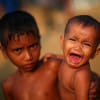

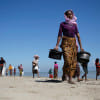
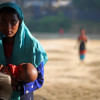
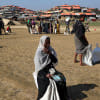


Comments